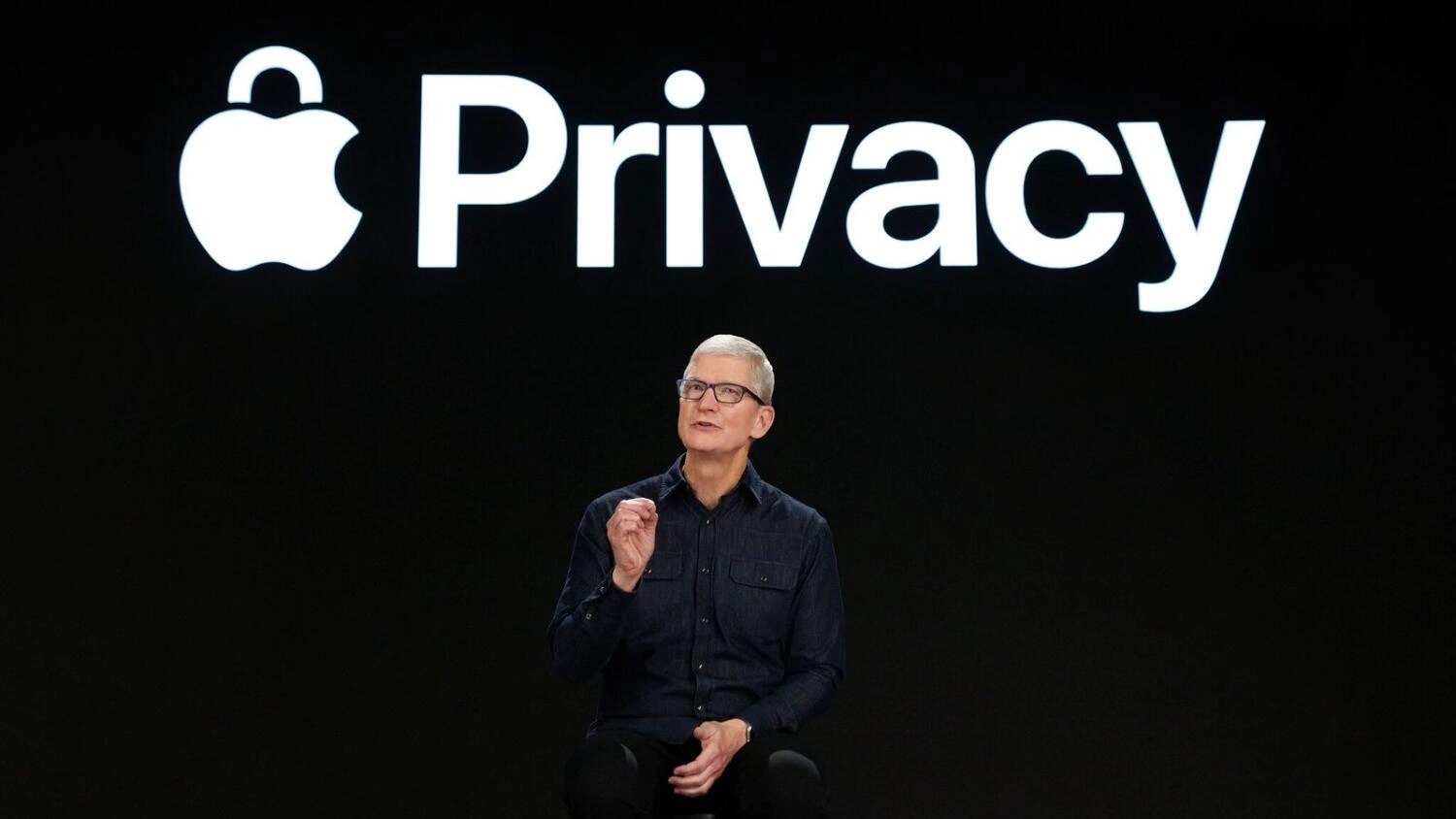Apple is known for its strong stance on user privacy, with slogans like “Privacy. That’s Apple.” But a recent report by developer Jeff Johnson questions whether the company is living up to its promise.
Johnson highlights that the Enhanced Visual Search feature, enabled by default on iPhones with iOS 18 and Macs running macOS Sequoia, might not fully align with Apple’s privacy claims.
What is Enhanced Visual Search?
Enhanced Visual Search is a feature designed to identify landmarks in your photos and provide related details. It works by analyzing images stored on your device to detect areas of interest (like landmarks). The process has two steps:
- On-device Analysis: A machine learning model scans your photos locally to find regions of interest (ROIs).
- Data Sharing: Once an ROI is identified, the device creates a vector embedding (a numerical representation of the landmark) and shares it with Apple.
Apple doesn’t access your full photo library, but the feature effectively scans every photo when enabled. This has raised concerns about how much personal data is shared and whether users are fully aware of it.
Privacy Concerns
By default, Enhanced Visual Search is turned on for devices with the latest software updates. Johnson’s report emphasizes that this automatic activation could lead users to unknowingly share data without explicit consent.
For example, I tested this on an iPhone 16 Pro Max and found the feature pre-enabled. While it’s undeniably useful, the lack of transparency about its default setting raises questions about user control and privacy.
How to Disable Enhanced Visual Search
If you’re concerned about privacy, disabling this feature is easy:
- On iPhone:
- Open Settings.
- Go to Apps > Photos.
- Scroll down and toggle off Enhanced Visual Search.
By turning this off, you can stop your device from sharing vector embeddings with Apple.
Balancing Privacy and Technology
The Enhanced Visual Search feature highlights Apple’s advancements in AI and machine learning. However, the default activation and limited data sharing have sparked debates about balancing convenience with user privacy.
Apple has built a reputation for prioritizing privacy, which sets high expectations. Features like Enhanced Visual Search are helpful but raise valid concerns about whether users are getting enough transparency and control.









